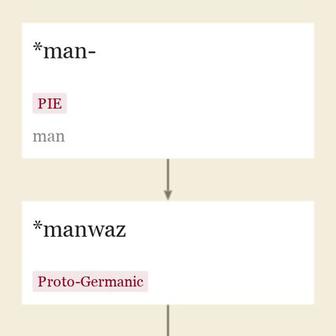henchman (n.)
mid-14c., hengestman, later henshman (mid-15c.) "high-ranking servant (usually of gentle birth), attendant upon a king, nobleman, etc.," originally "groom," probably from man (n.) + Old English hengest "horse, stallion, gelding," from Proto-Germanic *hangistas (source also of Old Frisian hengst, Dutch hengest, German Hengst "stallion"), perhaps literally "best at springing," from PIE *kenku- (source also of Greek kekiein "to gush forth;" Lithuanian šokti "to jump, dance;" Breton kazek "a mare," literally "that which belongs to a stallion").
Perhaps modeled on Old Norse compound hesta-maðr "horse-boy, groom." The word became obsolete in England 17c., but it was retained in Scottish as "personal attendant of a Highland chief," in which sense Scott revived it in literary English from 1810. Sense of "obedient or unscrupulous follower" is first recorded 1839, probably somehow a misunderstanding of the word as used by Scott.
This officer is a sort of secretary, and is to be ready, upon all occasions, to venture his life in defence of his master; and at drinking-bouts he stands behind his seat, at his haunch, from whence his title is derived, and watches the conversation, to see if any one offends his patron. [Scott, notes to "Lady of the Lake," 1820; his proposed etymology is not now considered correct]
Trends of henchman
updated on July 27, 2022
Trending words
Dictionary entries near henchman
hen
henbane
hence
henceforth
henceforward
henchman
hendeca-
hendiadys
henge
hen-house
Henley

